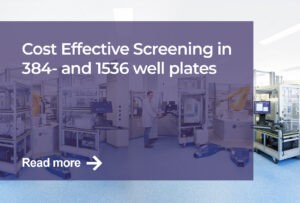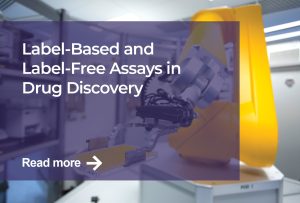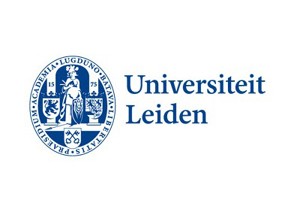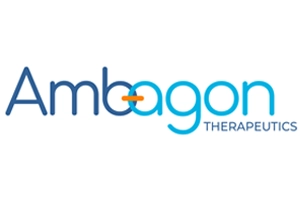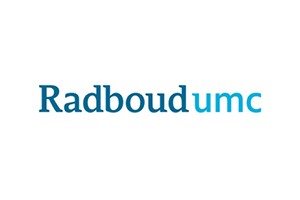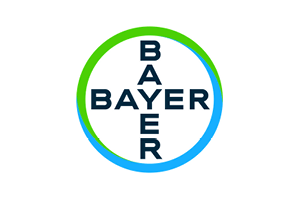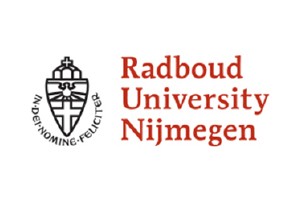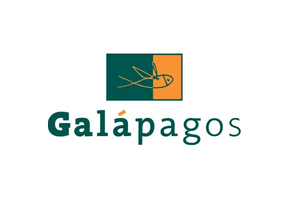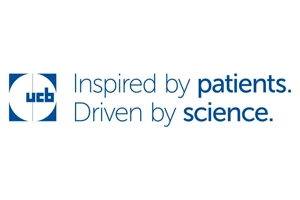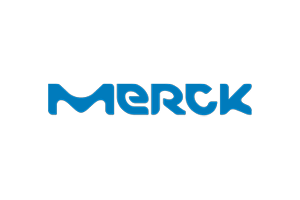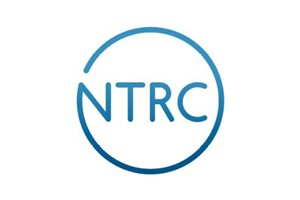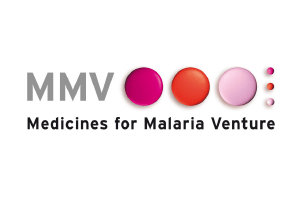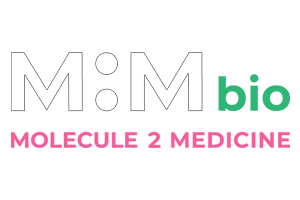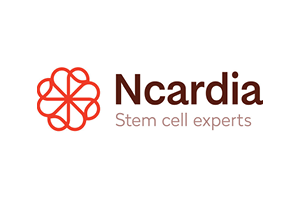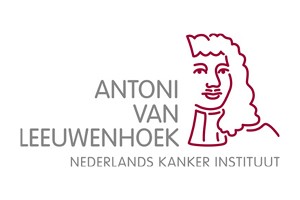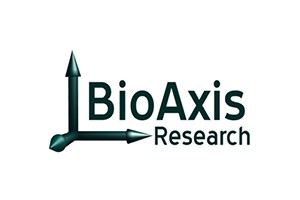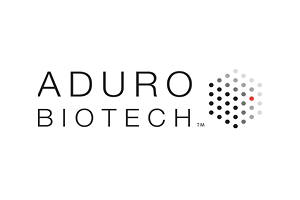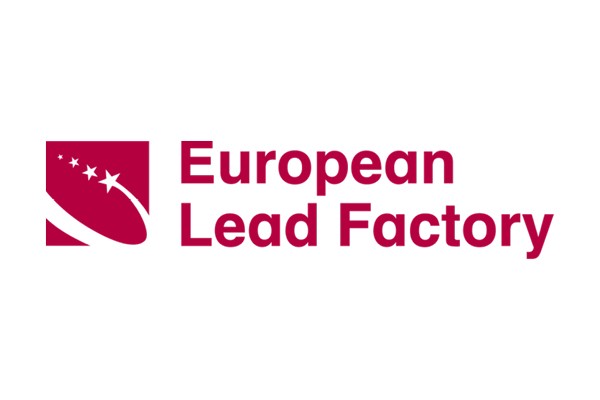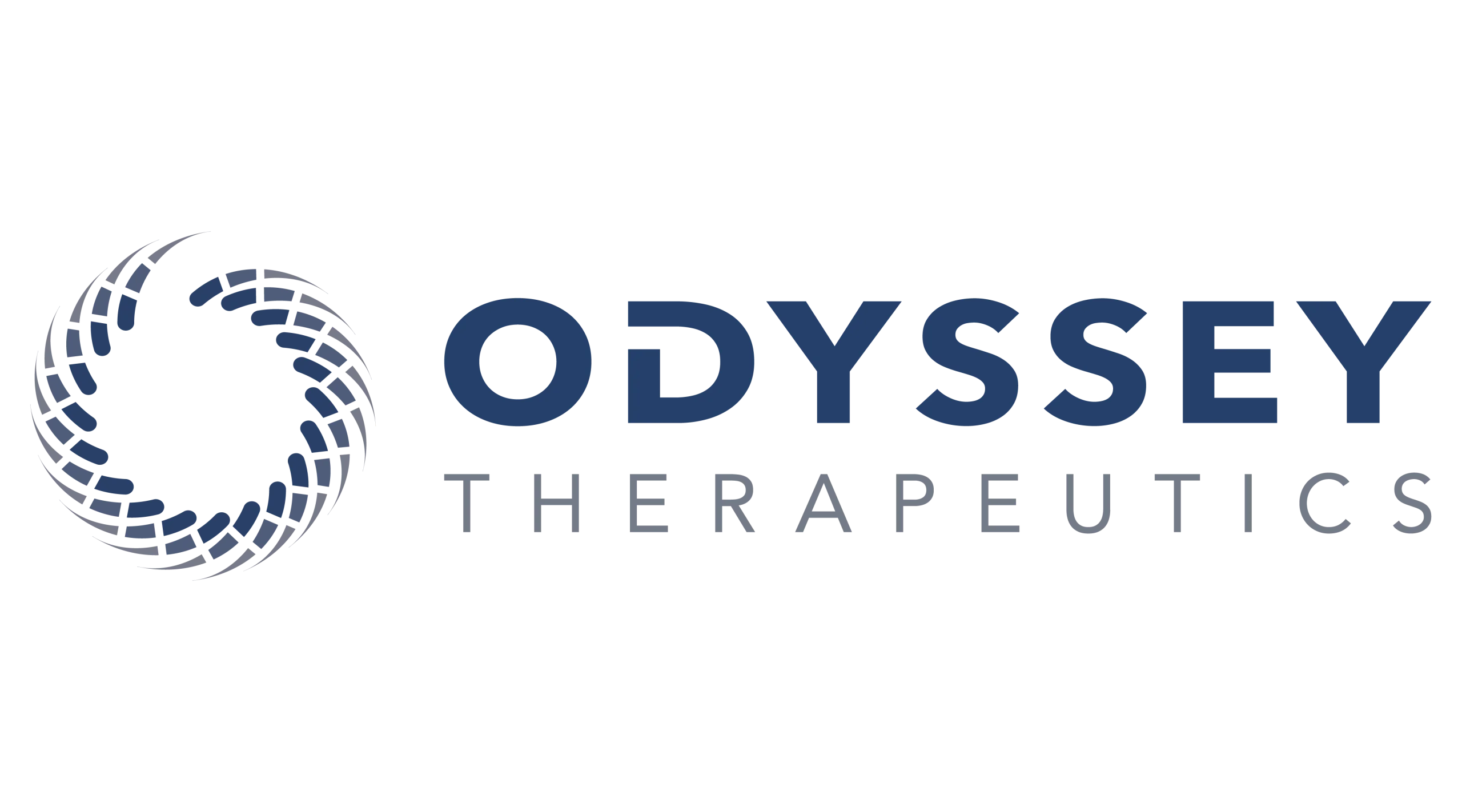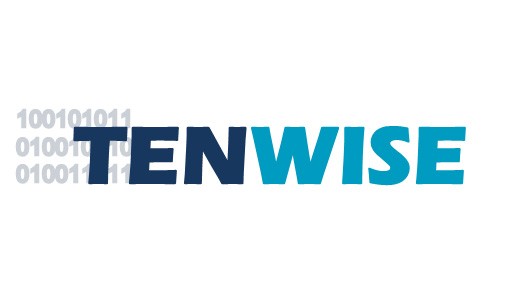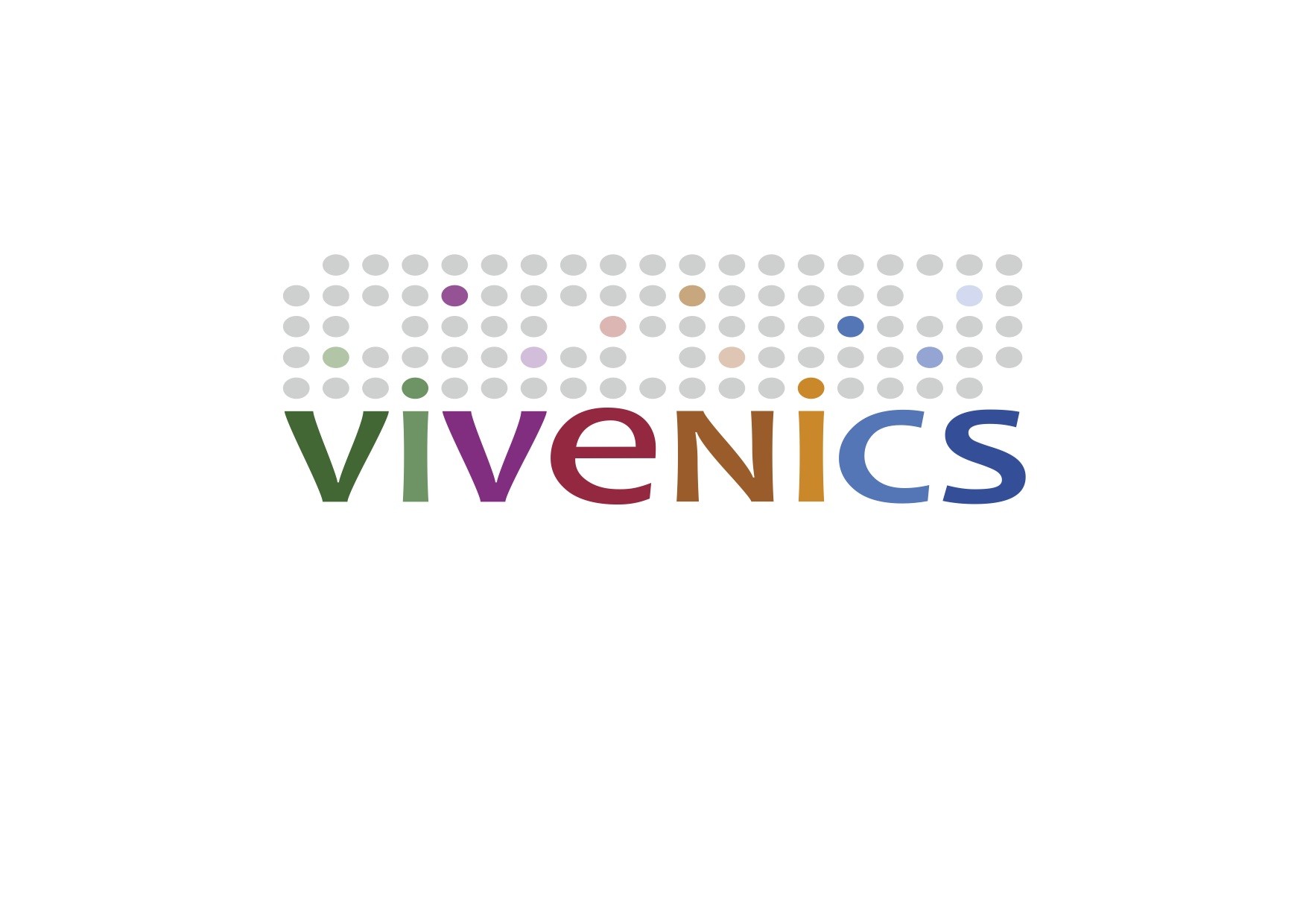Pivot Park is an incubator for ideation, innovation, and development. With its large regional and international network in biopharma, Pivot Park actively promotes pharmaceutical innovation and positions and supports start-ups. Pivot Park firmly believes in the importance of collaboration between biotech and academia, and therefore strongly supports its partners with its broad “knowledge network”, which includes the Institute for Complex Molecular Systems (ICMS) at the Eindhoven University of Technology (TU/e).
Both the TU/e and ICMS are very supportive of company development. The ICMS mission is to obtain a fundamental understanding of how the arrangement and interaction of molecules within materials leads to the properties that we observe. This curiosity-driven research drives innovations in the fields of Materials Science and Engineering Health. As a leader in frontier science, ICMS is a supportive hub for innovation: its researchers generate start-ups and provide the expertise and technology that help drive the innovations of other companies. As part of TU/e, there is continuous access to talented students and researchers. ICMS also has a budding Industrial Consortium and a national and international cross-sectoral network.
Pivot Park and ICMS feel that there are many opportunities to strengthen their connection and, by doing so, will provide companies with the opportunity to accelerate, grow and excel. They also see value in connections with the HAN University of Applied Sciences and the Radboud University, both located close to Pivot Park and the TU/e.
Advantages
Collaborations between Pivot Park community and ICMS have many advantages. Both parties have easy access to knowledge, facilities, and challenge-based learning. Many collaborative initiatives are possible, for instance, MSc student projects, student team challenges, innovation and ideation clinics, and Public-Private Partnerships. There are many opportunities to raise profiles, such as tours of the facilities, both at Pivot Park and TU/e. Other advantages include joint organization of symposia, workshops, and masterclasses.
Lead Pharma
An example of collaboration is the project with Lead Pharma, located at Pivot Park. Teams from TU/e and Lead Pharma are working together on nuclear receptors. Both parties are contributing manpower and knowledge, to explore this topic. With overlapping and complementary expertise, the project is a clear indicator that synergy is abundant. This collaboration has significantly sped up the progress of the project.
Pivot Park Screening Centre
The collaboration between CytoSmart and Pivot Park Screening Centre is based at the TU/e. Inspired by recent advances in optics, microelectronics, and information technology, the founders of CytoSMART have developed a new compact imaging system for biological cell culturing. Combining equipment with the robotic systems at the Pivot Park Screening Centre facilities is a next level in improving (ultra)High-Throughput Screening.
Steven van Helden of Pivot Park Screening Centre: “I would like to underline the importance of collaborations between companies and academics. Take for example site visits by students to our facility. These visits are very valuable, not only for the students, who get to see the latest technologies, they are also of value to us. They can be the start of discussions and collaborations.”
Marie Curie International Training Networks
Another good example of collaboration are the partnerships via Marie Curie International Training Networks. In these networks, ICMS is researching in the field of molecular engineering, protein engineering, nanomedicine and DNA nanotechnology. One specific project aims to develop the field of affinity-based biosensing technologies for continuous monitoring. Beneficiaries of this project include several international universities such as Radboud UMC and KU Leuven. Well established companies as for instance Philips, Medtronic and Siemens Healthineers are also connected via this network.
Confidential Disclosure Agreements
Also, worth mentioning are the Confidential Disclosure Agreements (CDA) which need to be in place before any collaboration can start. Timewise, CDA’s can be a barrier, especially for projects planned to be set up within a short timeframe. There is a proposal to speed up this process by creating a framework, like an overarching agreement between ICMS and Pivot Park in order to cover first interactions and to start pre-competitive work. Membership to the ICMS Industrial Consortium is open to all Pivot Park community members, and Pivot Park is happy to facilitate in these matters.
The right time
What is the right time to start a collaboration? This is of course difficult to pinpoint. Too soon might be risky, on the other hand, if you’re too late, you might miss the mark. Steven van Helden indicates that overall, Pivot Park Screen Centre tries to step in early “If you start early in the process, you can still influence each other. You can see whether the direction that the project is going, is the right one for both parties.”
Endless possibilities
Elizabeth McKenzie of ICMS: “ICMS is constantly looking for new opportunities to make contact, to exchange knowledge and work together so that we can strengthen each other and push innovations. The synergy in our interests in the fields of Chemical Biology, Molecular Devices and Regenerative Medicine, and our complementary expertise and facilities would make a partnership with great potential. We can start with challenge-based learning opportunities, where we connect with student teams and perform challenges this way. For relatively small problems or bigger ideas and scientific challenges, the doors of ICMS are always open when it comes to advanced analysis options. The possibilities really are endless.”
Masterclass
Recently Pivot Park hosted an online masterclass “from concept to innovation: chemical biology in medical translation”. In this masterclass Jan van Hest, Maarten Merkx and Luc Brunsveld, all professors from TU/e, gave a lecture about nanomedicine, engineering biomolecular sensors and stabilization of protein-protein interactions. The lectures were followed by a discussion on how we can provide more synergy between biopharma and academia. If you wish to download the recording, please send an email to communications@pivotpark.com

